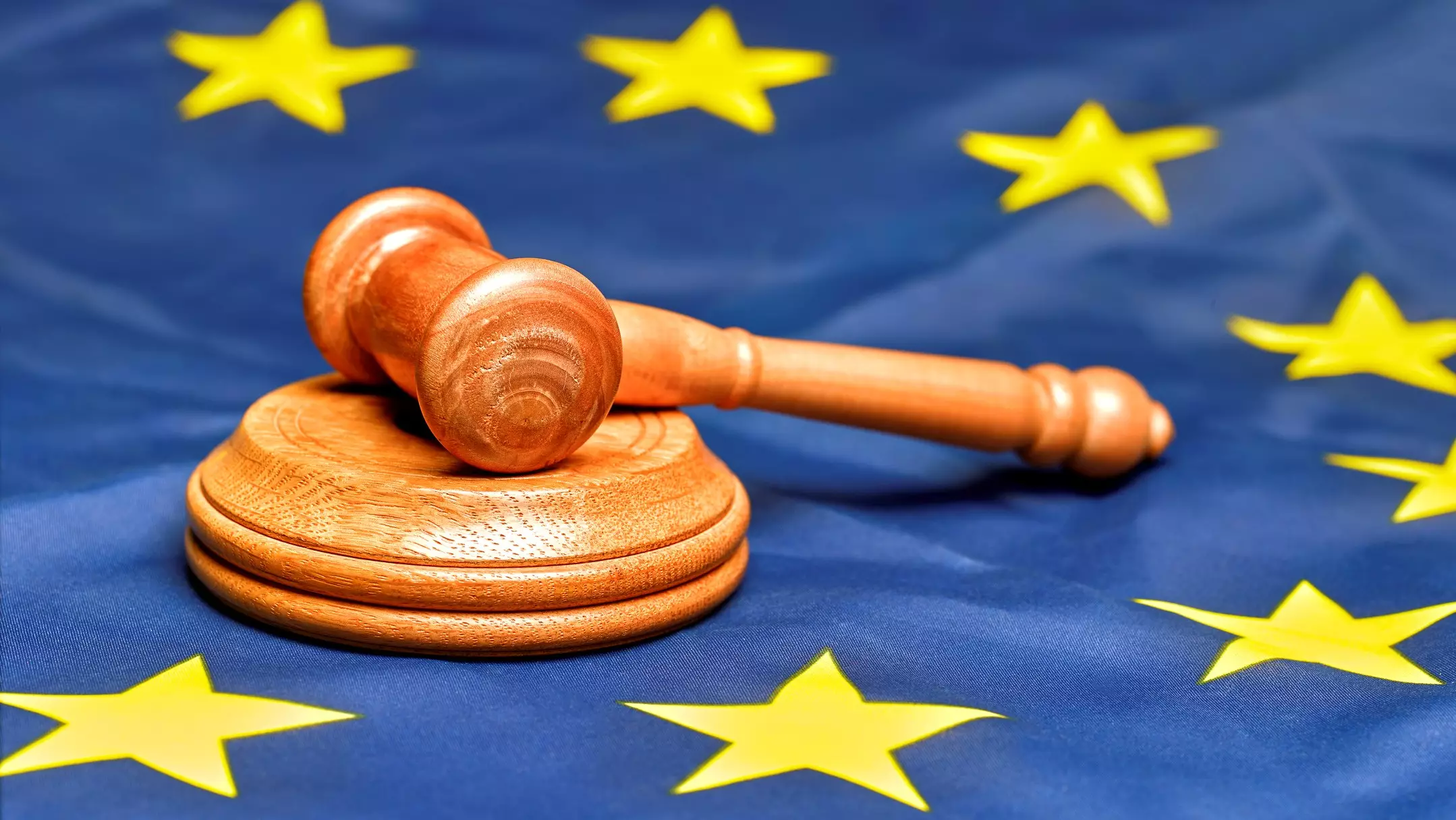The European Commission’s recent enforcement actions against Apple and Meta underscore a significant regulatory stance against corporate noncompliance in the tech sector. With fines amounting to a staggering €700 million, the Commission highlights its commitment to upholding the Digital Markets Act (DMA). This landmark legislation aims to create a more equitable and competitive digital market across Europe, where consumer rights and data protection take precedence over corporate profit margins.
Apple faced the brunt of this regulatory initiative with a hefty €500 million fine, primarily due to its practice of “anti-steering.” Under the DMA, the company is obligated to permit app developers to communicate alternative service offerings that lie outside of Apple’s tightly controlled ecosystem. However, the Commission found that Apple imposes numerous restrictions inhibiting developers from effectively reaching consumers with potentially lower-priced or more privacy-oriented options. Such practices are not only anticompetitive but also serve to hinder consumer choice, leading many to question the ethical standing of a company that holds a monopoly over app distribution on its platform.
Meta’s Controversial Consent or Pay Model
In contrast, Meta’s sanctions stem from its so-called “consent or pay” advertising model, which has drawn scrutiny for its lack of meaningful consumer choice. Users are coerced into consenting to the aggregation of their personal data for personalized advertising or facing a monthly subscription fee for an ad-free experience. The Commission rightly points out that this model does not present a genuine option for users to choose a service that minimizes data utilization. Instead, it traps them in an environment where their privacy is compromised unless they are willing to part with their money.
This regulatory measure offers a critical examination of how prevailing business practices can be molded in favor of convenience and revenue at the expense of user autonomy and informed consent. By penalizing Meta for this deceptive model, the Commission sends a strong message: prioritizing monetization over user trust is not acceptable in modern digital economies.
Fines: A Slap on the Wrist or Effective Deterrents?
While the total penalties imposed might appear substantial, the real question is whether they will effectively alter the behavior of these tech giants. For firms like Meta and Apple, which boast revenue figures in the hundreds of billions, these fines can be likened to pocket change. Meta’s reported losses in its Reality Labs division, amounting to $17.7 billion in 2024, are eclipsed by its overall annual revenue of $164.5 billion. On the other hand, Apple also reported first-quarter revenues exceeding $124 billion. It begs the question: are such financial penalties sufficient to compel these companies to change their ways?
A fine should not merely serve as a temporary inconvenience but rather act as a significant deterrent against future infractions. If these penalties do not resonate at a strategic level within these corporations, it could perpetuate a cycle of noncompliance where the pursuit of profit continues to overshadow ethical considerations and consumer welfare.
Impact on the Future of Digital Market Governance
These recent fines reflect a broader movement towards enforcing regulations that prioritize consumer rights and ensure fair competition. As the Commission continues its scrutiny of the tech landscape, it raises the stakes for compliance among Silicon Valley titans and signals a trend toward tougher governance in the digital space. The implications for future legislation and regulatory frameworks could be vast, potentially paving the way for more stringent rules that govern not only advertising models but also data usage and user consent practices.
The success of such regulations hinges upon the commitment of authorities to uphold the law and impose repercussions when violations occur. If the EU can maintain this momentum, it sets a precedent that could inspire similar enforcement actions in other jurisdictions, ultimately transforming the digital marketplace into a more equitable arena for consumers and innovators alike.
The actions of the European Commission serve as a pivotal reminder of the importance of regulatory oversight in today’s rapidly evolving digital economy. As both Apple and Meta grapple with the consequences of their practices, we can only hope this transformative era will usher in a new chapter of responsibility and integrity in the tech industry.

